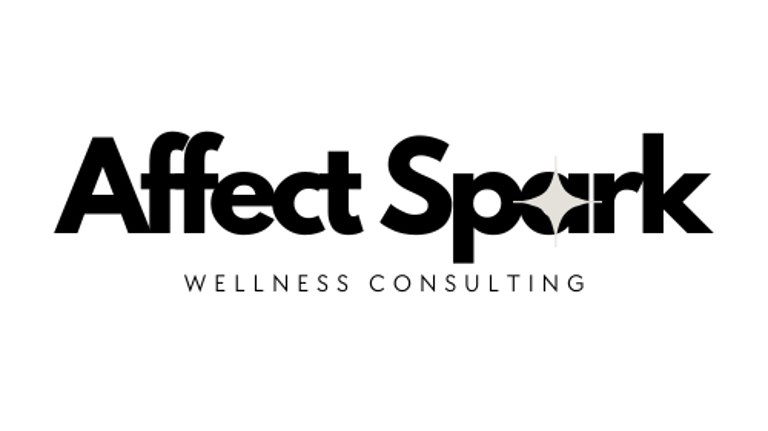Spotting Burnout Early: Subtle Signs Helping Professionals Often Miss
A guide to recognizing the subtle signs of burnout before they become overwhelming. Learn what to look for, why it matters, and how small shifts can protect your energy and wellbeing.
11/16/20251 min read


Burnout doesn’t always show up dramatically. For helping professionals, it often appears quietly and gradually. A little less energy. A little more irritability. A small shift in how you feel about the work you normally care deeply about. When you can spot these early signs, you can take care of yourself before things get overwhelming.
Here are some early signals that deserve your attention.
Your patience feels thinner than usual
If simple things suddenly feel frustrating or you find yourself getting snappy quicker than normal, it may mean your emotional capacity is being stretched too far.
You aren’t excited about parts of your day anymore
You still show up and do what you need to do, but something feels off. The spark or sense of meaning you used to feel has gone a little quiet.
Your body is more tired than your schedule explains
Burnout often begins in the body. Maybe you’re waking up tired, feeling tense for no clear reason, or noticing more headaches or stomach issues. These physical cues matter.
Simple tasks suddenly feel harder
If you’re dragging through your to-do list or feeling mentally foggy, your stress load may be higher than you realize.
You’re pulling back from people a little
You might not withdraw completely, but you respond slower, avoid small talk, or feel drained by social interactions that used to feel easy.
Self-care starts feeling like another task
You eat, sleep, and move through your day, but everything feels like you’re doing the bare minimum to get by.
Why it’s important to notice early signs
Once burnout becomes full exhaustion, recovery takes much longer. Catching it early gives you space to reset — whether that means rest, boundaries, small daily habits, or reaching out for support.
You deserve to feel well, energized, and fulfilled. Paying attention to your early signs isn’t selfish; it’s how you continue showing up for others while protecting your own wellbeing.
Connect
Reach out for support or inquiries
pHONE: 770-686-7624
© 2025. All rights reserved.
